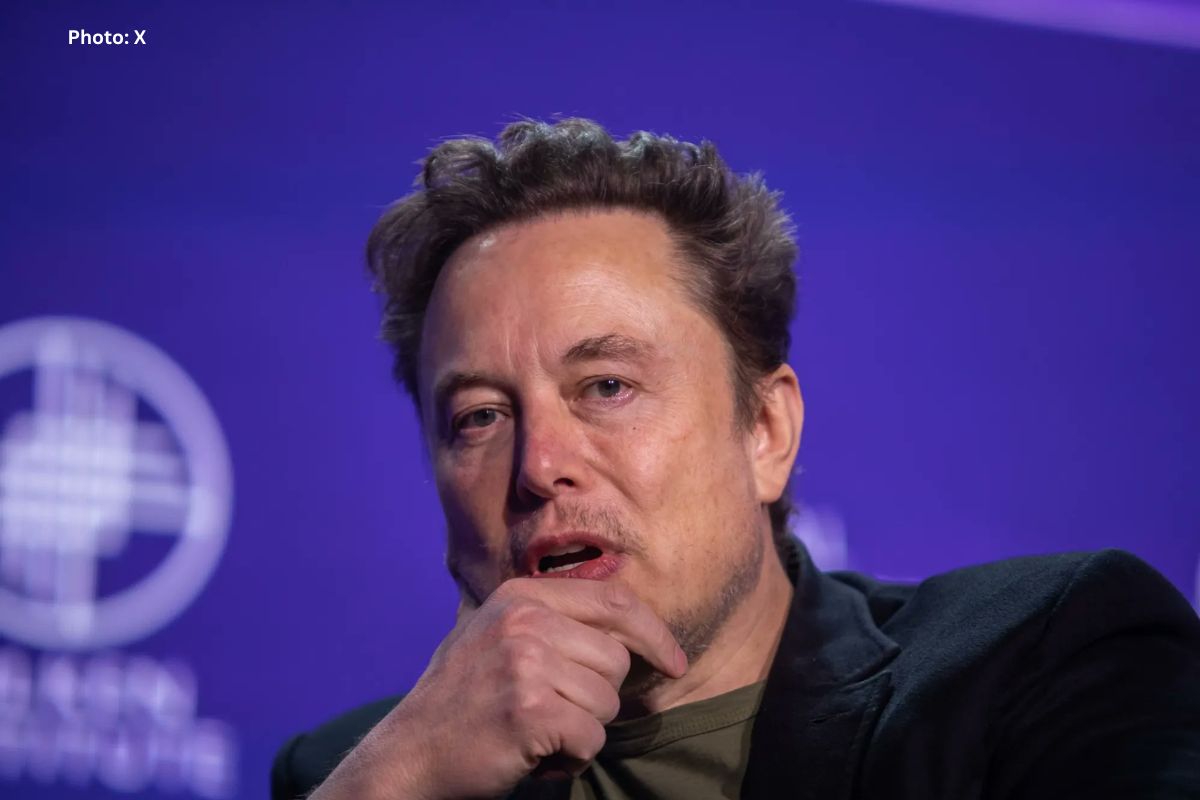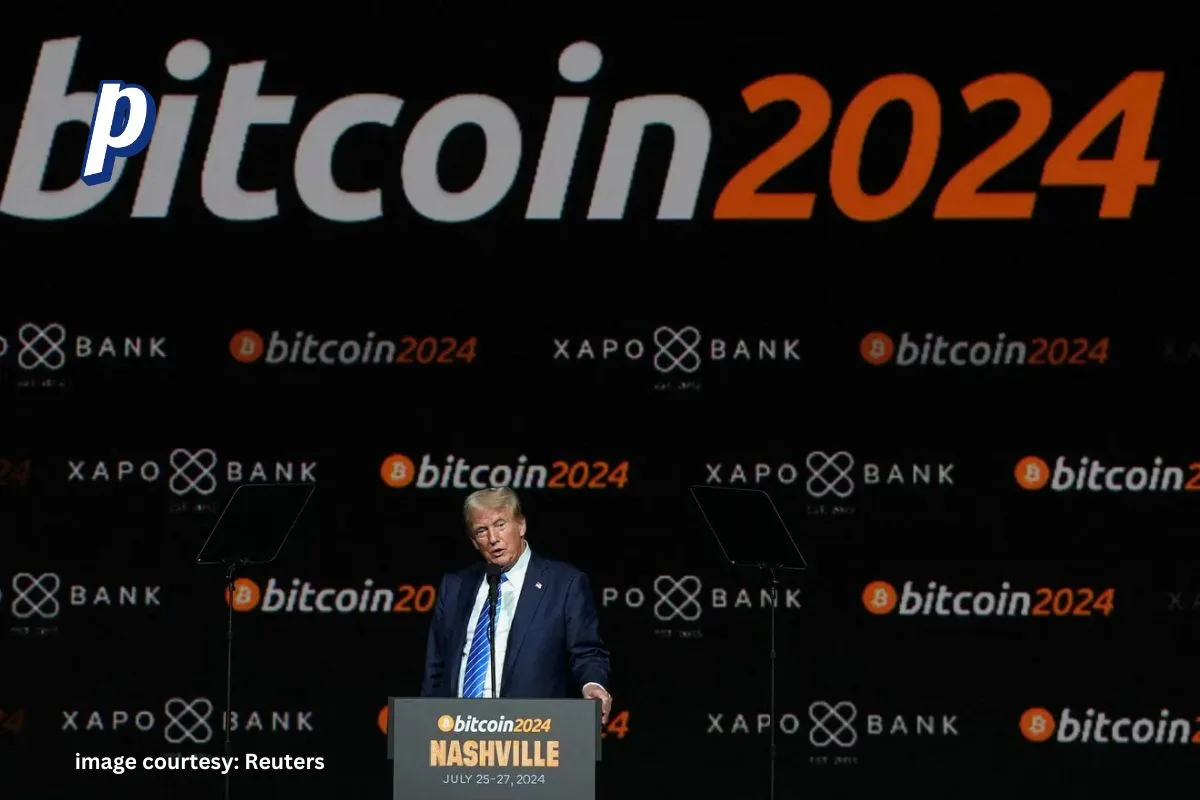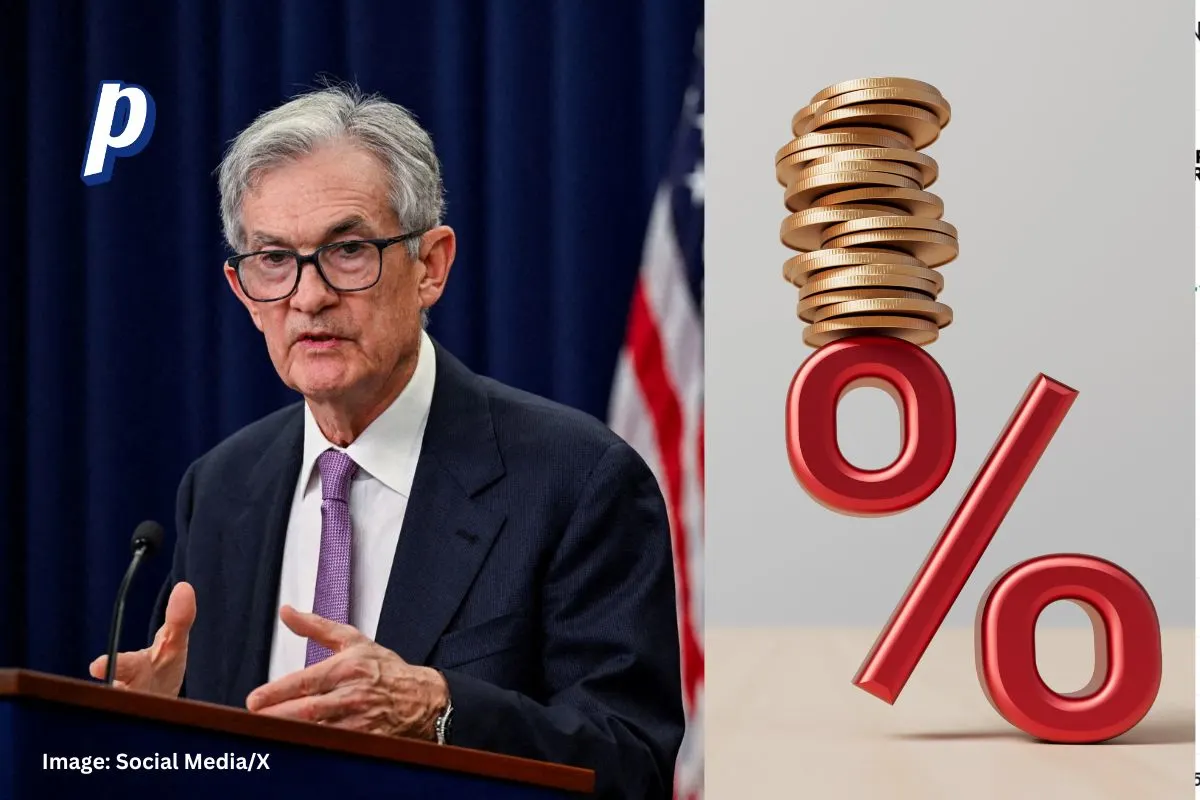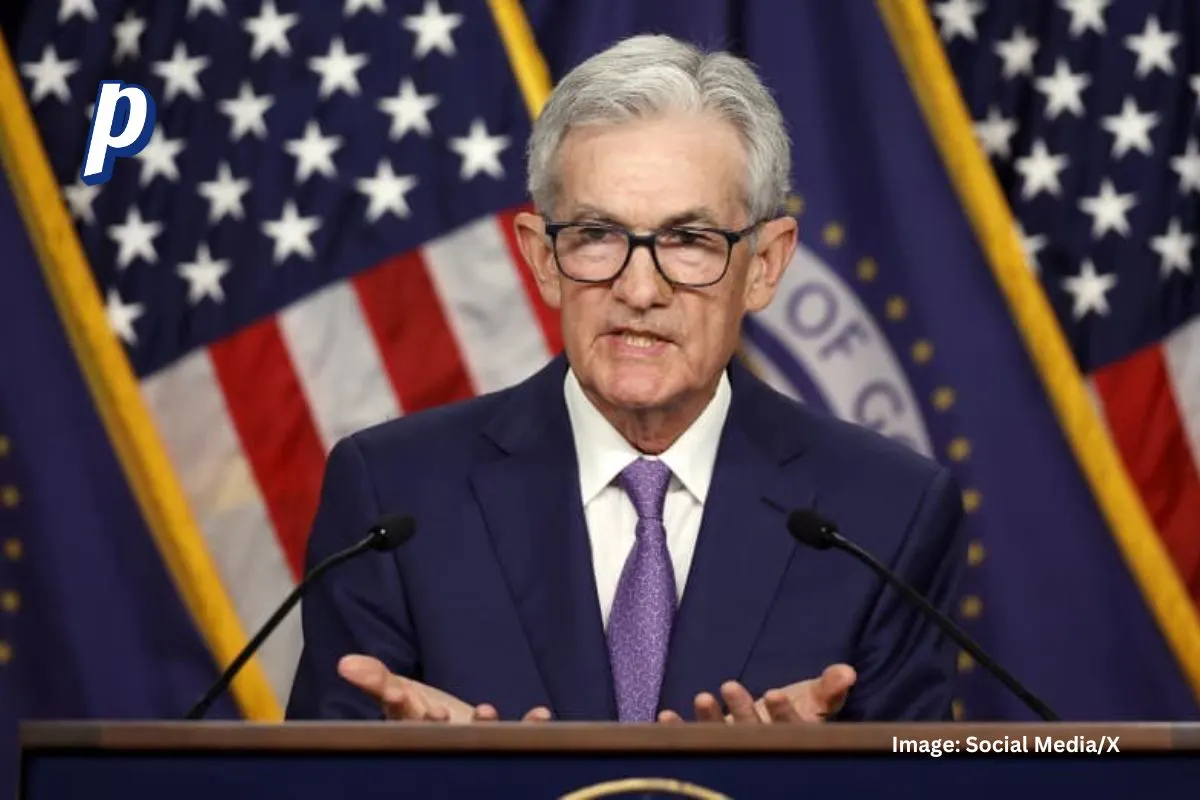In a political showdown that captured national attention, Elon Musk, the world’s richest man and social media mogul, emerged as a central figure in derailing a bipartisan spending deal. Using his massive influence on X (formerly Twitter), Musk became the face of a high-stakes battle in Washington, leading to a failed vote on a key government funding bill. Here’s a breakdown of how Musk wielded his unparalleled platform to shake the foundations of Capitol Hill.
The Billionaire’s Role in Shaping Policy
When President-elect Donald J. Trump named Elon Musk to lead the newly formed Department of Government Efficiency (DOGE), the move was hailed as a bold step to rein in government waste. Few anticipated just how quickly Musk would make his mark.
On Wednesday morning, Musk launched a relentless series of over 150 posts on X, criticizing a bipartisan spending bill designed to avert a government shutdown over the holidays. Musk’s opposition to the bill was as fiery as it was influential, with claims ranging from objections to inefficiencies to outright misinformation, including debunked assertions that the bill contained funds for Ukraine and a $3 billion allocation for a new stadium in Washington.
Read more: Donald Trump Proposes Firing 85% of Federal Government Employees: Public Reacts
A Digital Barrage That Changed the Game
Musk’s criticisms caught fire online, reaching his 207.9 million followers—more than double the audience of President-elect Trump, who has 96.2 million followers. Musk’s ability to shape public discourse was on full display, as his posts dominated conversations not just on social media but also on Capitol Hill.
Lawmakers found themselves glued to Musk’s feed as they navigated the contentious debate. The pressure was undeniable, with House Speaker Mike Johnson reportedly calling Musk directly to urge him to tone down his attacks. Musk refused, doubling down with posts calling the bill “criminal” and a “steal of your tax dollars.”
By Wednesday afternoon, Musk’s rhetoric had swayed several undecided lawmakers, sealing the bill’s fate.
Backlash and Praise from Washington
Musk’s interference drew sharp criticism from both sides of the aisle.
- Senator Bernie Sanders decried the billionaire’s influence, writing on X, “Billionaires must not be allowed to run our government.”
- Representative Glenn Thompson, a Republican from Pennsylvania, lamented the collapse of direct payments for farmers included in the bill, remarking, “I’m not sure he understands the plight of normal working people.”
Despite the criticism, Musk found strong allies among conservative Republicans.
- Representative Andy Barr of Kentucky declared, “This is exactly what the American people voted for when they voted for Donald Trump.”
- Representative Dan Bishop praised Musk’s efforts, calling them a “fundamental change in the dynamic” of Congress.
Some lawmakers even floated the idea of Musk becoming Speaker of the House, a role that doesn’t require the officeholder to be a sitting member of Congress. Representative Marjorie Taylor Greene openly endorsed the idea, writing, “The establishment needs to be shattered. Elon Musk could be the way.”
Musk’s Growing Political Influence
Musk’s unprecedented role in shaping policy raises questions about the power of billionaires in government. His ability to rally support—or opposition—through social media has made him a key player in the Trump administration’s efforts to overhaul Washington.
The stakes were underscored at a recent Mar-a-Lago dinner, where Musk joined Trump and fellow billionaire Jeff Bezos to discuss government reform. Musk’s presence at such events underscores his central role in Trump’s vision for the future.
A New Era of Digital Politics
By leveraging his vast social media platform, Musk has redefined what it means to influence government. His posts not only killed the spending bill but also set a precedent for how digital platforms can shape legislative outcomes.
In the aftermath of the bill’s defeat, Musk declared victory with a post reading, “The terrible bill is dead. Vox Populi, Vox Dei.” The Latin phrase, meaning “the voice of the people is the voice of God,” encapsulates Musk’s view of his role as a conduit for public sentiment.
Read more: Thousands of Amazon Workers Strike Nationwide: Could Your Holiday Packages Be Delayed?
What’s Next for Musk and the Government?
As the 2025 Trump administration takes shape, Musk’s involvement in government is only expected to grow. With the spending bill dead, the focus now shifts to what reforms Musk and Trump’s team will pursue once they assume full control.
The rise of Musk’s political influence marks a turning point in American governance, one where social media and billionaire power intersect to shape the nation’s future.
What are your thoughts on Elon Musk’s role in shaping U.S. policy? Let us know in the comments below!








